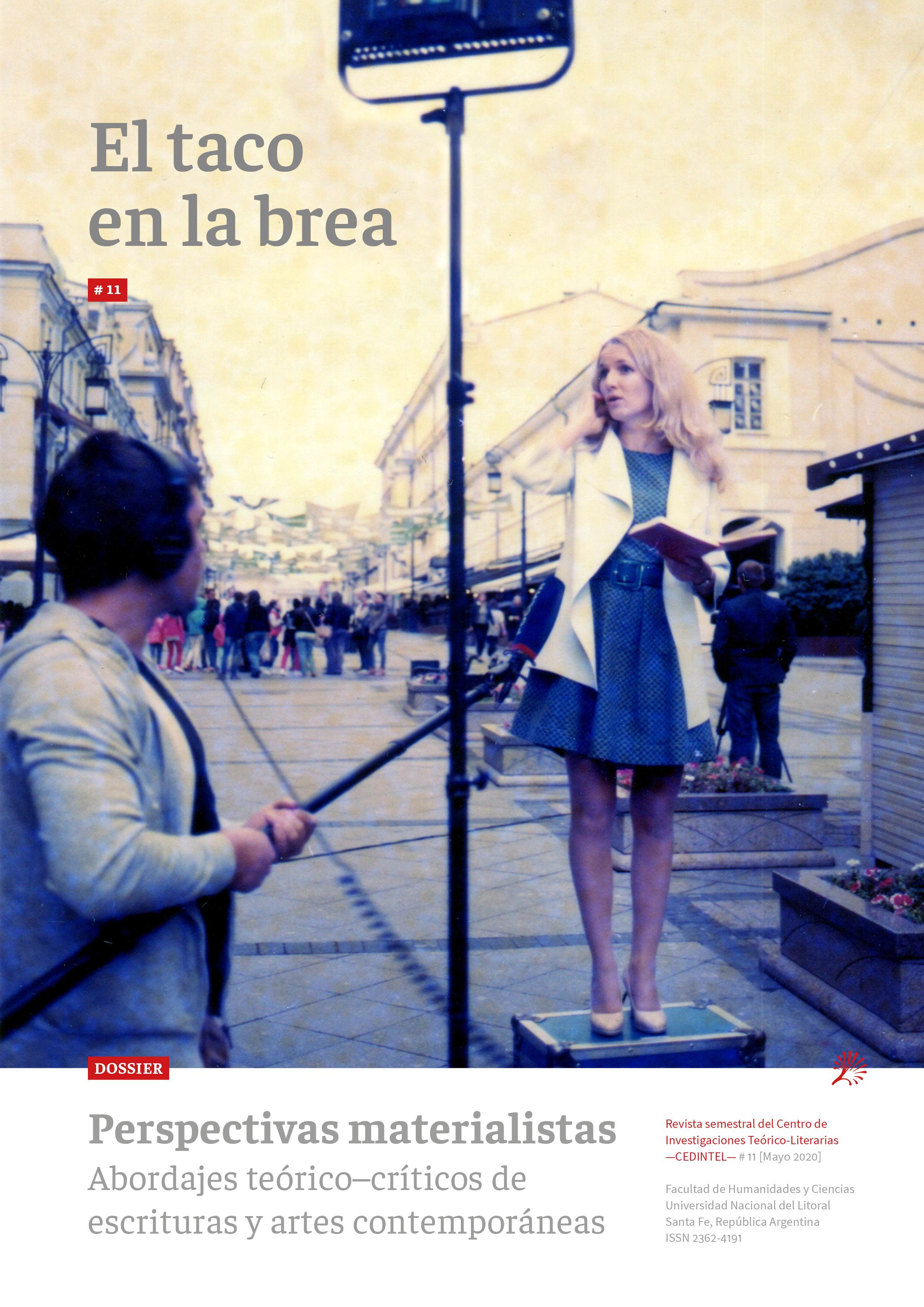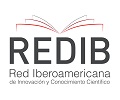Fairy interdictions: the prohibition of speech and sight around Mélusine and Oberon in El unicornio (1965), by Manuel Mujica Lainez
DOI:
https://doi.org/10.14409/tb.v1i11.9152Keywords:
historical novel, medievalism, argentine literature, fairies, MelusineAbstract
In this paper, firstly, we will take to the analysis of some implications of the fairy nature, from the Morganean-Melusinean dualism, of Mélusine character in the historical novel El unicornio (1965), by the Argentine Manuel Mujica Lainez. In a second moment we will see its counterpoint with the appearance of the fairy Oberon in the same novel, in contrast with its presentation in the medieval textualities, mainly in Huon de Bordeaux (ca. 1260). The story of Mélusine’s bath and the episodes of Oberon frame the whole adventure, since they open and close, respectively, the novel through raccontos of events that took place in uncertain pasts, previous to the main narration. Finally, and from the treatment and rewriting that Mujica Lainez makes of the fairy characters, we will see the prohibitions that affect sight and speech and how this is resignified particularly in the plot of El unicronio. We will start from the hypothesis that the impossibilities of amorous concretion of these characters are a consequence of the failure or imposition of these interdictions and that the condemnation of immortality is a reflection of the permanence of sociocultural conditionings that persist throughout the centuries.





















